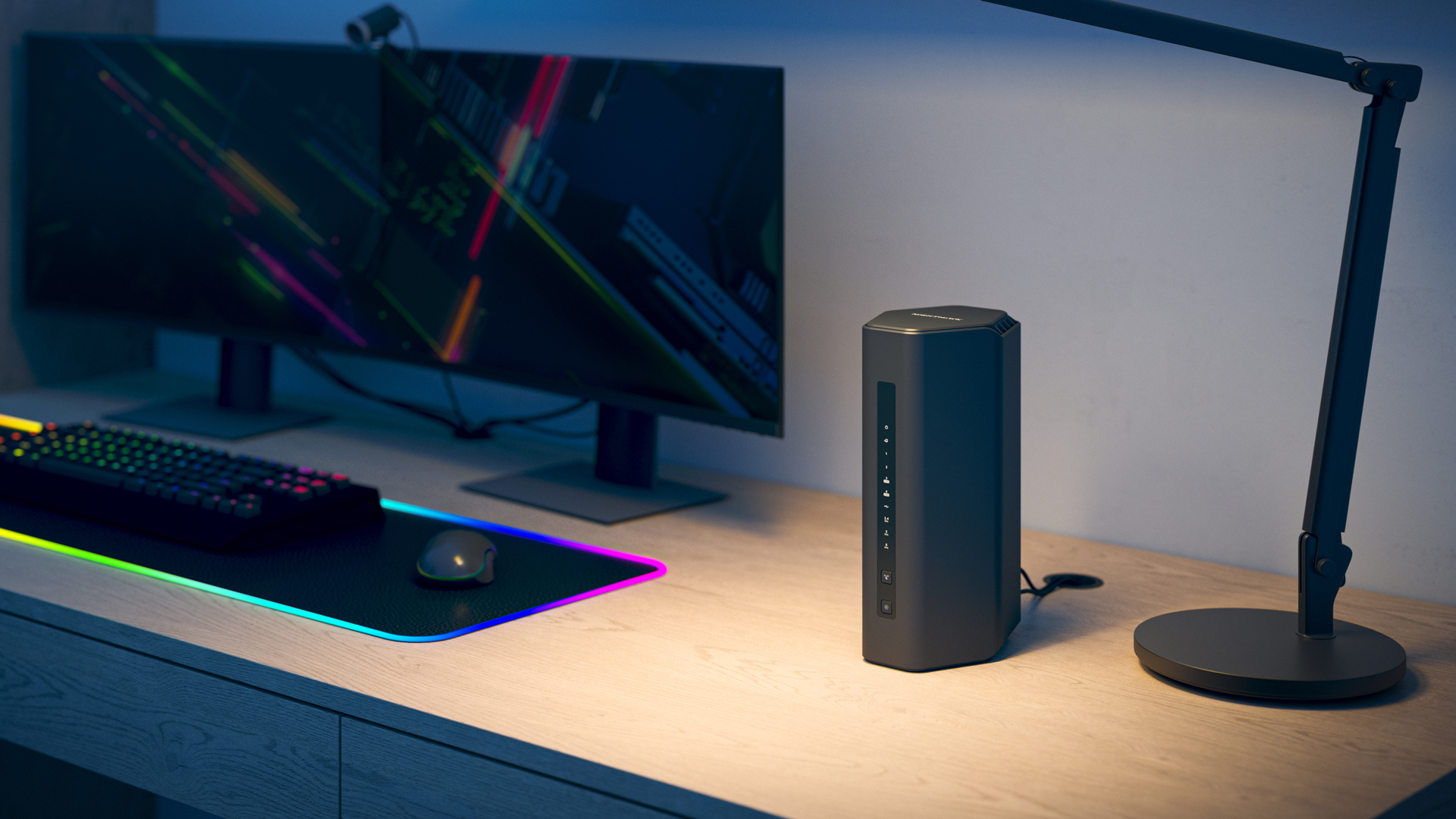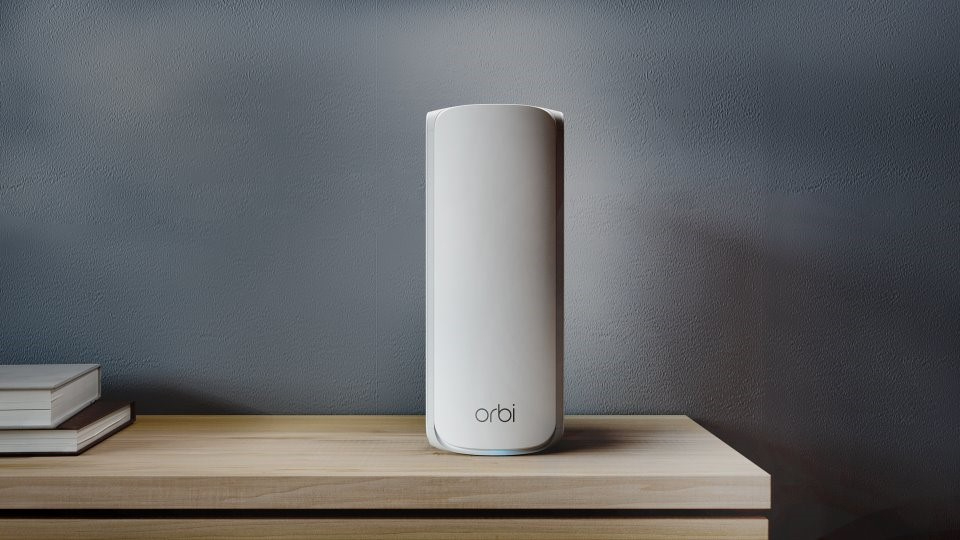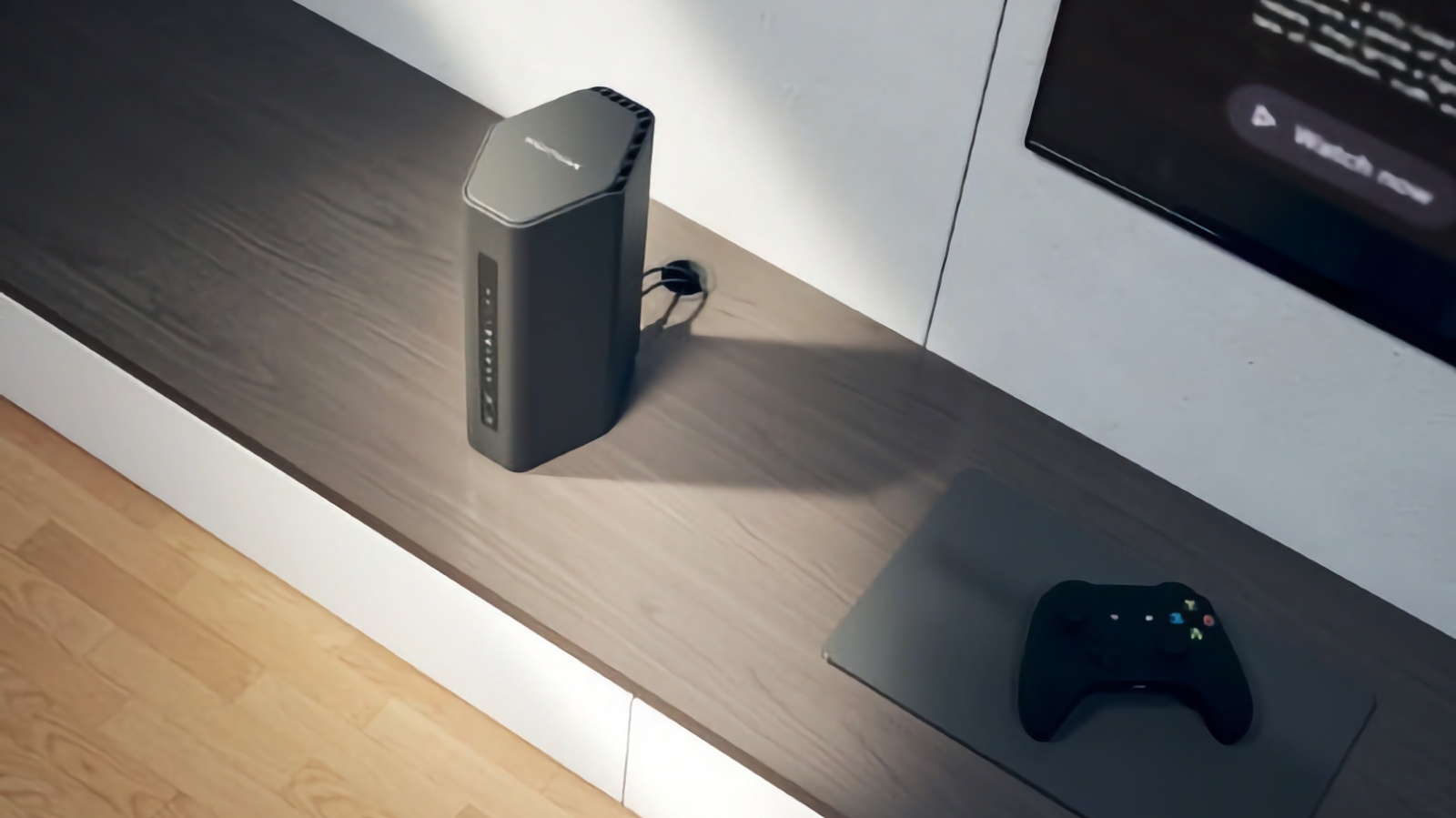
We’ve seen a steady drip of new Wi-Fi 7 routers debut recently, and unfortunately for most people those new devices come with some profound sticker shock. For example, Wi-Fi 7 mesh routers like the Eero Max 7 currently start at $509 for a single node and jump to a staggering $1,445 for a three-pack. Netgear also isn’t a stranger to high-priced Wi-Fi 7 routers, as its Orbi 970 starts at $1,699 for one router and one satellite ($2,299 for one router and two satellites). Its Nighthawk RS700 costs $699.
Netgear needs to appeal to more mainstream customers with cheaper products, hence the arrival of the Orbi 770 and Nighthawk RS300 Wi-Fi 7 routers. The Orbi 770 is a mesh router system, just like the more expensive Orbi 970. However, the specs sheet for the former doesn’t look nearly as impressive, as Netgear had to perform a few nips and tucks to meet a lower price point.
In this case, the Orbi 770 covers 8,250 square feet, down from 10,000 feet on the pricier Orbi 970. It also supports “just” 100 concurrent devices, which is half the number of its overachieving sibling. Feature regression continues, with maximum aggregate speeds of up to 11 Gbps (versus 27 Gbps) and support for tri-band Wi-Fi 7 (instead of quad-band). The Orbi 770 router also only supports up to 500 Mbps internet connections, which is something to keep in mind if you have a 1 Gbps+ fiber connection to your home.

Netgear also pulled back on the physical ports, as you get fewer and slower ports. The Orbi 770 has four 2.5 GbE ports on the router and two 2.5 GbE ports on the satellites. On the other hand, the Orbi 970 adds two 10 GbE to the router and one 10 GbE port to each satellite. One final area where Netgear trimmed costs was by providing a 30-day trial of its Netgear Armor security suite instead of the usual 1-year subscription.
However, all these deletions mean that the Orbi 770 is far cheaper, at just $699 for a router and a satellite. A complete package with one router and two satellites is $999, which is still far below the $1,699 entry price for the Orbi 970. Granted, $699 to start is still a lot of money to pay for a mesh routing system, but it's one of the cheaper entry points for those who want to futureproof their homes with Wi-Fi 7 support.

If you don't need the expansive coverage of a mesh router in your home, you can go with the Nighthawk RS300, the cheaper alternative to the Nighthawk RS700. Like the Orbi 770, the Nighthawk RS300 makes some notable concessions on performance and expansion, trimming maximum coverage from 3,500 square feet to 2,500 square feet and halving maximum aggregate speeds to 9.3 Gbps. You also only get 2.5 GbE ports on the router and no 10 GbE ports. However, Netgear's extreme cost-cutting means that the Nighthawk RS300 costs only $329, compared to $699 for the Nighthawk RS700S.
The Orbi 770 and Nighthawk RS300 are currently available to purchase directly from Netgear's website. Both routers will soon be available from third-party retailers, where street pricing could be slightly lower.







